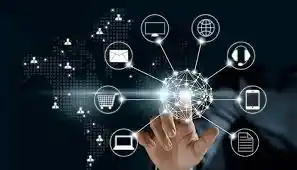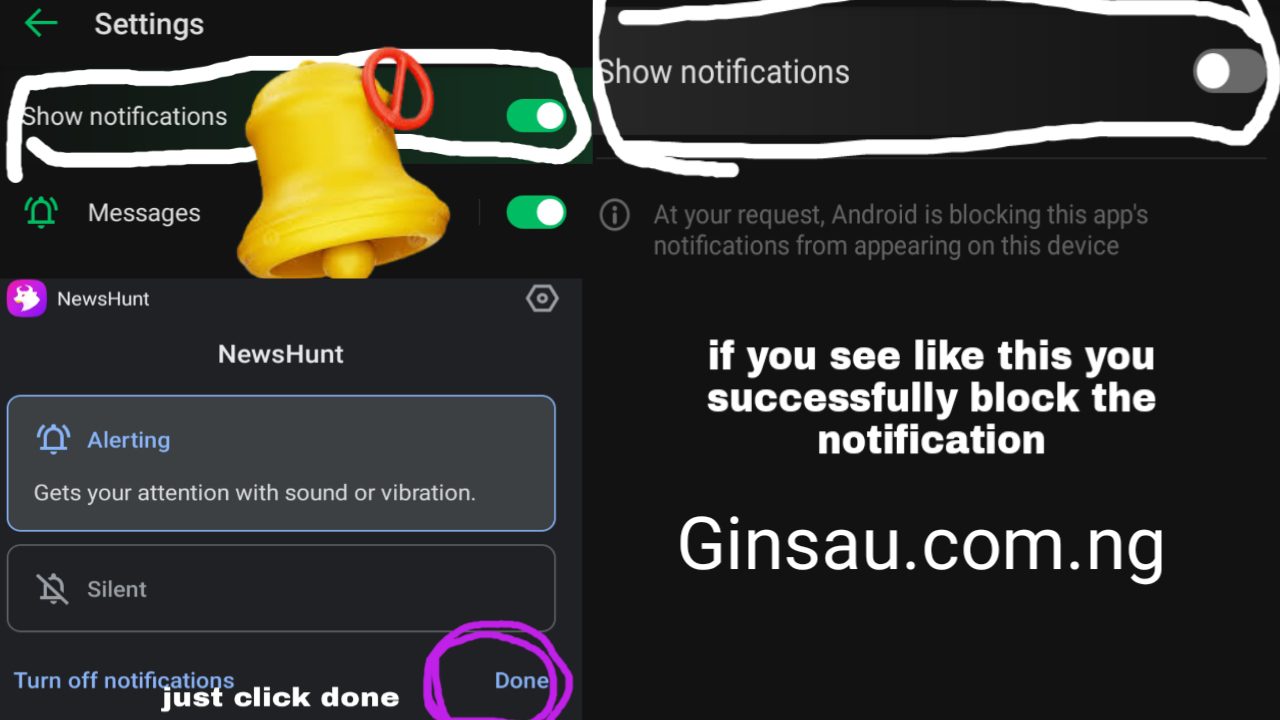The Intersection of Technology and Language Translation

In our interconnected world, language barriers can often hinder effective communication.
However, thanks to advancements in technology, language translation has become more accessible and efficient than ever before.
From simple phrases to complex documents, tech-driven language translation services are transforming the way we communicate across different languages.
Let’s delve into the fascinating realm where technology meets language, exploring the innovations that make cross-cultural communication seamless and effortless.
Machine Translation
Machine translation, a subset of artificial intelligence, has revolutionized the translation landscape.
Algorithms analyze vast linguistic datasets and learn patterns, enabling computers to translate text or speech from one language to another.
Modern machine translation engines, like Google Translate and DeepL, use neural networks for more contextually accurate translations.
While not perfect, these tools have significantly improved, providing quick and often surprisingly accurate translations for everyday phrases and sentences.
Natural Language Processing (NLP): Enhancing Translation Accuracy
Natural Language Processing (NLP) is a branch of AI that focuses on the interaction between computers and human language.
In the context of language translation, NLP algorithms understand the nuances of human speech, including idiomatic expressions and cultural references.
By incorporating NLP techniques, translation services can provide more contextually accurate and culturally sensitive translations, ensuring that the translated content resonates with the target audience.
Real-Time Translation
Real-time translation tools have gained immense popularity, especially in multilingual settings and international business.
Smart devices equipped with translation apps can instantly translate spoken words or written text during conversations.
This real-time capability facilitates communication between individuals who speak different languages, fostering collaboration, understanding, and mutual respect across diverse cultures and backgrounds.
Customization and Industry-Specific Translation Solutions
Language translation technology is becoming increasingly specialized.
Businesses and industries often require specific terminology and context-appropriate translations.
Tech-driven translation services are now offering customization options, allowing users to tailor translations according to their specific needs.
Whether it’s legal documents, medical texts, or technical manuals, these industry-specific solutions ensure accurate and precise translations, meeting the standards of various professional fields.
FAQs
How accurate are machine translation tools like Google Translate?
Machine translation tools have improved significantly and can provide fairly accurate translations for common phrases and sentences. However, they might not capture nuanced or context-specific translations accurately. For critical documents or professional use, human translation services are still recommended.
Are real-time translation devices suitable for business meetings and conferences?
Yes, real-time translation devices are designed for multilingual business settings. They work well for basic conversations and can facilitate communication in meetings and conferences. However, for highly technical or sensitive discussions, it’s advisable to consult professional interpreters for accurate and nuanced translations.
Can tech-driven translation services handle complex documents with technical jargon?
Yes, tech-driven translation services can handle complex documents with technical jargon. Some services offer industry-specific customization, ensuring accurate translations for specialized fields. However, it’s essential to choose a reputable service with experience in the specific industry to guarantee precise translations.
Are there privacy concerns related to using online translation tools?
While reputable translation services prioritize user privacy and data security, it’s essential to read the privacy policies of the tools you use. If handling sensitive or confidential information, consider using offline translation tools that don’t require internet connectivity to mitigate potential privacy risks.
Also Read: Future of Electric Vehicles



